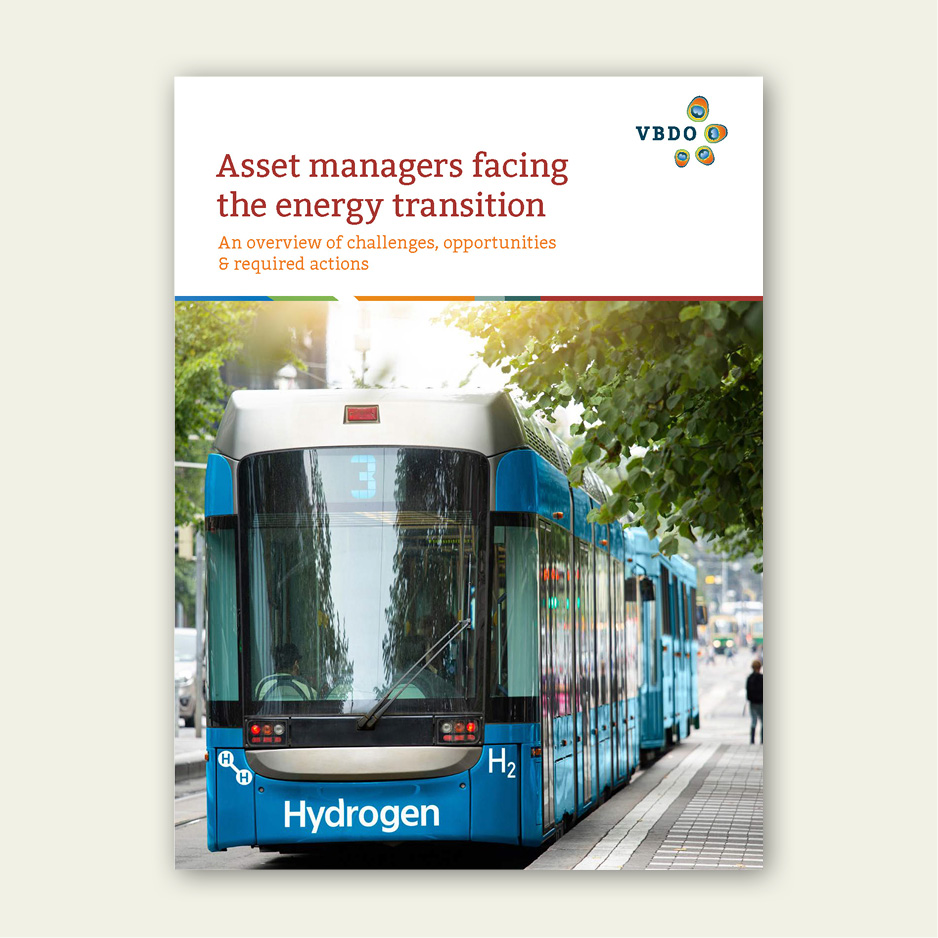• One-third of the asset managers surveyed by the Association of Investors for Sustainable Development (VBDO) indicate that they see the complexity of the energy transition as their biggest challenge;
• To date, the current investments required still fall short of reaching 1.5°C;
• Various initiatives should help asset managers take the right steps;
• Ambitious engagement is a crucial part of a possible solution.
The most recent IPCC report stated that “unless there are immediate, rapid and large-scale reductions in greenhouse gas emissions, limiting warming to close to 1.5°C or even 2°C will be beyond reach”. The energy sector is responsible for almost three-quarters of global greenhouse gas emissions and is therefore an important contributor. Asset managers can slow down or speed up the transition to a sustainable or non-sustainable sector by investing in energy companies.
However, these parties appear to have difficulty with the complexity of the transition and the need for a systematic solution, according to recent research by the VBDO. ‘We recognize that there is no single, all-encompassing strategy for a successful transition,’ said Angélique Laskewitz, director of the VBDO. ‘Nevertheless, there are also countless initiatives that help asset managers, such as the Net Zero Asset Managers Initiative, to which almost 300 parties have now joined.’
In addition to the aforementioned initiative, in which asset managers commit to an emission-free portfolio in 2050, there are also other, similar initiatives. For example, Climate Action helps 100+ asset managers with engagement. The Transition Pathway Initiative supports asset management by publishing business activity relative to following a route to 1.5°C.
Finding the right investments, the need for systematic change and the associated complexity of the energy transition, appear to be major challenges for asset managers to accelerate the energy transition, according to the VBDO report. However, ‘significant gains can already be made by conducting solid, joint cross-sector engagement,’ says Laskwewitz. ‘Especially with energy suppliers and heavy industry, there is still a lot to be achieved. A good first step is for asset managers to join forces and formulate an engagement and escalation strategy together. Or, for example, helping to draw up capex budgets that are aligned with Paris. In any case, doing nothing and letting things take their own course has long since ceased to be an option.’

